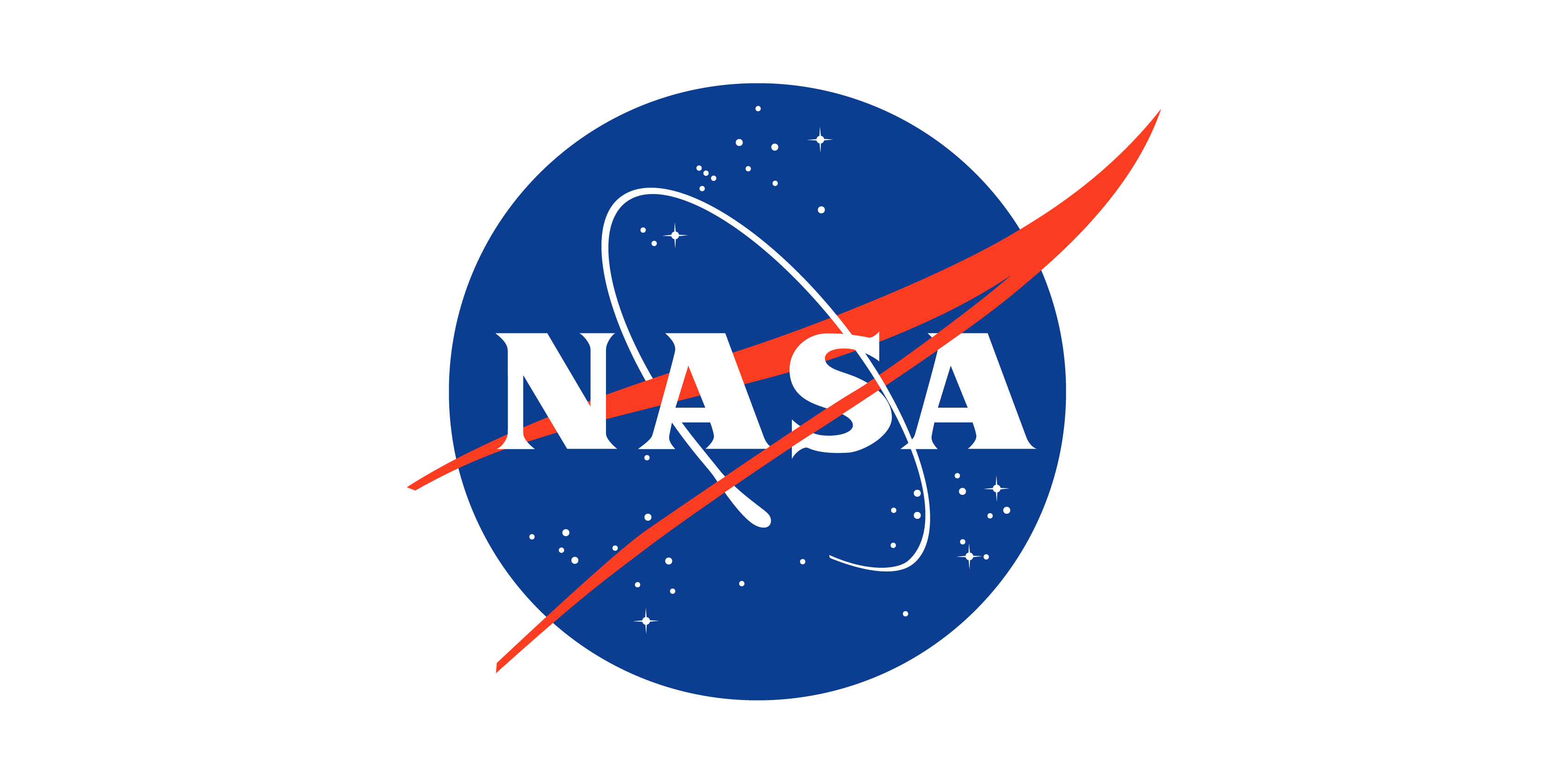Ensemble Learning for Accurate and Reliable Uncertainty Quantification is a project funded by NASA within the NSF/NASA program
The goal of this project is to create the algorithmic prototype that will combine a small number of high-fidelity (low error, but computationally expensive) runs from physics-based models with a large number of less accurate but faster runs from machine learning models, resulting in a more accurate overall prediction than any individual model, and an estimation of the associated uncertainties.
The specific objectives are the following:
- Develop and validate a generalized algorithmic prototype that will run an uncertainty quantification pipeline on space weather forecasting models that includes:
- sensitivity analysis;
- model calibration;
- ensemble forecasting.
- Showcase the application of the developed software and document its practical use for three specific cases: solar wind parameters at L1 for both ambient and CME conditions (using the WSA/Enlil model) energetic electron fluxes at geostationary orbit (using the SWMF Geospace model), and terrestrial magnetic field (using a 3D Full Diffusion model).
- Engage and educate postdocs, undergraduate and graduate students, both in the main development phase of the project, and by organizing workshops dedicated to illustrating the value of UQ in space weather forecasting.

This project is supported by NASA under grant 80NSSC20K1580
